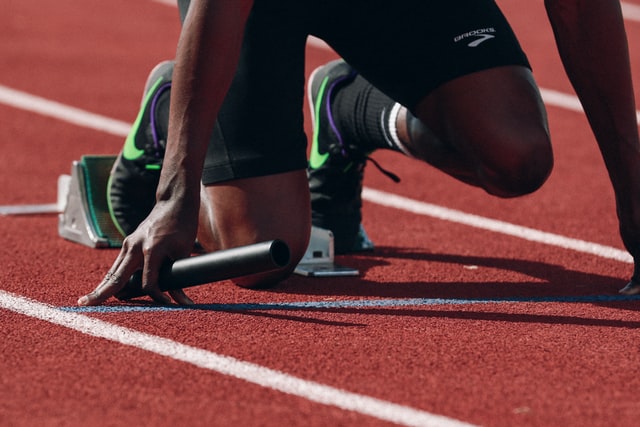Becoming a great athlete takes dedication, hard work and patience. Physical and mental wellbeing is always subject to change, and it can make or break an athlete’s performance. Cognitive abilities, endurance, strength, speed, flexibility and confidence are just a few things that an athlete has to stay on top of during a competition. It helps to look at different techniques that can help an individual thrive in a given sport.
The Basics
Some athletes want to jump into extremes, thinking that the shock will cause them to drastically improve. This way of thinking can lead to burnout or injury, and cause a beginner to give up altogether. An athlete should focus on the basics before taking on difficult tasks. Weightlifting, conditioning exercises, drills and aerobic work should come before fast combos and long sessions of intense exercise. Learning the basics can help a person get to know his or her body and prepare for competition. This way, when difficulty does increase, the athlete can avoid compromising risks.
Challenges
When athletes become comfortable with what they are doing, they know that they’ve progressed. However, comfort is also a sign that progression will soon plateau. An athlete should know when to turn things up, and how to do it. Challenges are crucial to making gains, even if it comes down to one added rep in a workout. While new exercises shouldn’t be drastic, they should be enough to kick the body into gear.
Specificity
It’s no secret that different sports prioritize different things. Gymnastics demands flexibility and agility, while cycling demands leg strength and endurance. An athlete should learn how to move within the framework that his or her field provides. Drills with a trainer can help with this before a real competition. With the right adjustments, an individual can learn how to excel at specific things and not overemphasize irrelevant things.
Control
An athlete’s focus is essential for success, and this component goes beyond the sport. Not only should an athlete set goals for physical improvement, but he or she should have other life factors under control. Wealth management for professional athletes, academic planning for student-athletes and other measures can help with focus and assurance.
The right moves can help an athlete accomplish new things and get on top of the competition. Ups and downs are almost guaranteed, but priorities can grant an athlete resilience when the time calls for it.




